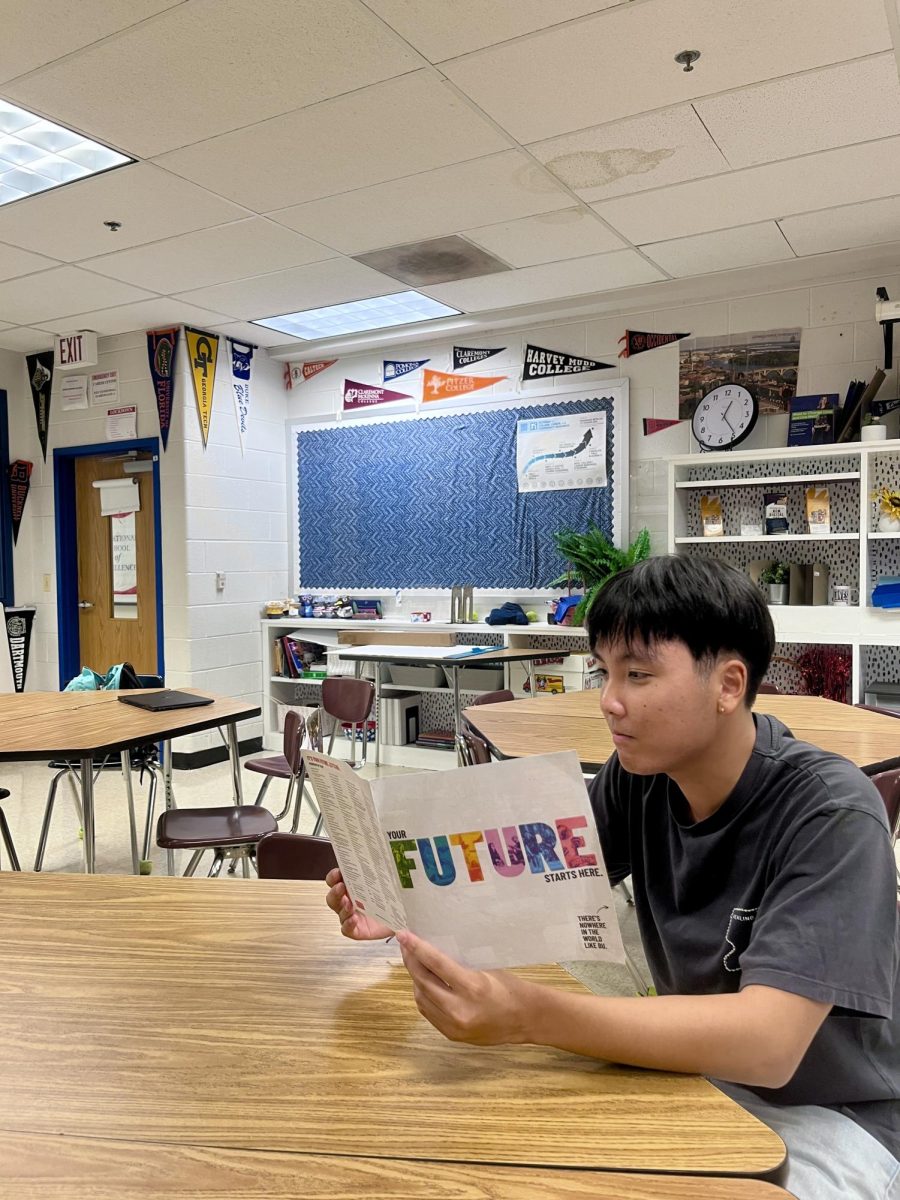Hannah Ho
design editor
At home, going online and surfing the web is a seemingly mindless task. You almost never have to worry about running into a blocked page that states an administrator needs to be contacted in order to continue. Here at a MCPS however, that is not the case.
This school year, MCPS blocked social media applications, multimedia websites and gaming sites. The ban that seems to irritate students the most is the block on Snapchat.“I first realized Snapchat was banned under the MCPS WiFi when I tried sending a mass snap and none of them would send,” senior Tiffany Yen said. “I was quite frustrated because I like to communicate with friends over Snap throughout the day.”
Due to this ban, students have to rely on the limited data service each of their phone providers get in this area in order to use Snapchat to keep up streaks, check snaps and keep updated with stories. “I still haven’t gotten used to the fact that Snapchat is banned.
I keep trying to send snaps and realize I have to turn the WiFi off before they can go through,” senior Mina Senthil said. “I think the county bans social media to try and prevent students from getting distracted from their academics.”
A more unexpected policy change is to how students access Youtube. On Sept. 27, Peter Cevenini, Chief Technology Officer of Montgomery County Public Schools issued the news that students will be required to have affirmative consent from a parent/guardian to sign in to and use Youtube.
According to the letter, “With consent, students will be able to access videos that staff approve through Youtube. Without consent, students can still continue to use access Youtube, but only only in a very limited and restricted capacity.” Students who do not turn in their permission slip will not be able to sign into Youtube at all.
The policy change will be effective starting on Nov. 5, but the transition period began on Oct. 1. “I believe the county is doing it to protect student’s info and data because when you log in, the fear is that it collects student data and they always want to protect students,” media specialist Tammie Burk said. “They are coming up with a way to access Youtube without the potential of students being in danger. The solution is through signing permission slips. The county’s biggest goal in to protect students’ rights and data.”
The change of the county’s media policy was done fundamentally to align with federal requirements such as the “Family Educational Rights and Privacy Act” (FERPA) and the “Children’s Online Privacy and Protection Act (COPPA). “I think the Snapchat block and Youtube policy change will take some time to get used to, but at the end the county is trying to do what is best for its students,” senior Vincent Ma said.






![Editors-in-Chief Ahmed Ibrahim, Helen Manolis, Cameron Cowen, Alex Grainger, Emory Scofield, Hayley Gottesman, Rebekah Buchman and Marley Hoffman create the first print magazine of the year during the October press days. “Only a quarter of the schools in MCPS have programs that are like ours, a thriving, robust program. That makes me really sad. This is not just good for [the student journalists] to be doing this, it’s good for the entire community. What [student journalists] provide to the community is a faith in journalism and that continues for their lifetimes," Starr said.](https://woottoncommonsense.com/wp-content/uploads/2025/10/wmpoFTZkCPiVA3YXA4tnGoSsZ4KmnKYBIfr18p3l-900x1200.jpg)
